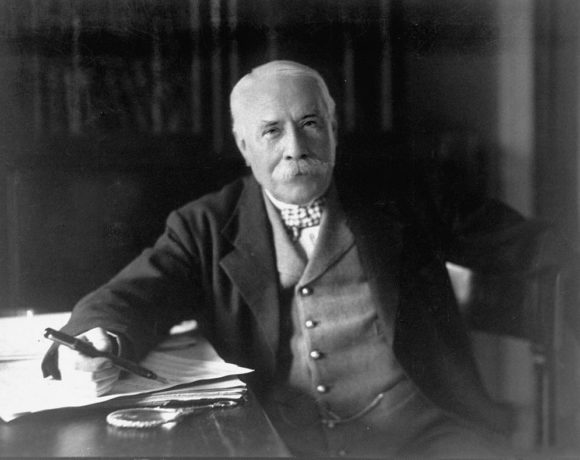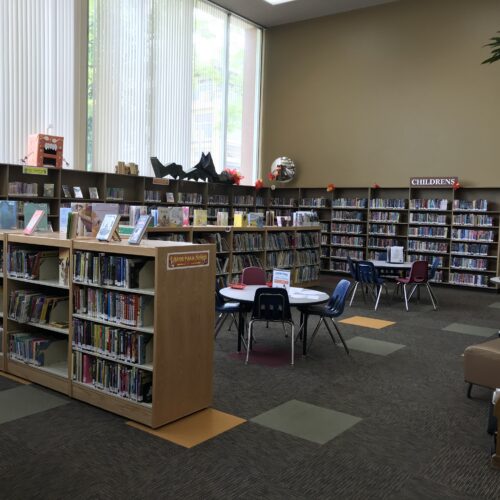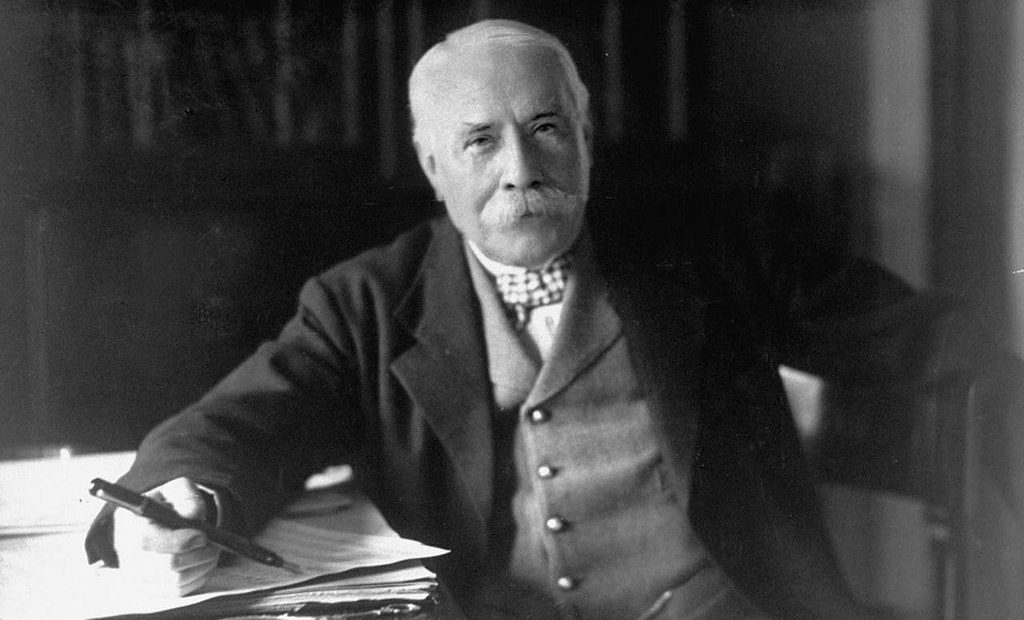
Finding Inspiration Amidst Chaos: Classical Music Of The First World War
Read On
This month (Nov. 11, to be precise) marks the centennial of the end of World War I, otherwise known as the “Great War” and the “War to End All Wars.” Simply put, it was a cataclysm, a conflict that marked a threshold in modern history. In the world of classical music, composers responded in many different ways.
Even as the war was beginning in July 1914, Englishman Gustav Holst was sketching the ominous first section of his large-scale orchestral suite, “The Planets.” British audiences had never heard such musical ferocity as confronted them in “Mars, the Bringer of War.” Holst’s countryman Ralph Vaughan Williams took a contrasting approach. In writing his Third Symphony (“A Pastoral Symphony”), he incorporated a haunting passage for solo trumpet in the slow movement, inspired by the sound of a bugler practicing at sunset. The composer described the scene, located near the front lines in France, as “Corot-like,” a reference to the acclaimed 19th century French landscape artist, Jean-Baptiste-Camille Corot. (Vaughan Williams served as an ambulance driver during the war.)
The Danish composer Carl Nielsen made a compelling case for the value of art and humanity over conflict and destruction, the “elemental will to live,” as he put it, in his own Fourth Symphony, subtitled “The Inextinguishable” (1914-16). In its final pages, a beautiful and lyrical theme from the first movement returns, rising above two warring sets of timpani.
Charles Ives, that often rambunctious American composer, wrote one of his most heartfelt pieces during the war. In response to the entry of American forces into the conflict, he set verses by Canadian physician and military officer Lieutenant-Colonel John McCrae. Ives’ haunting song, “In Flanders Fields,” received its premiere at a luncheon for insurance executives (including the composer himself) at the Waldorf-Astoria Hotel in New York in April 1917. In that very same month, Scott Joplin, often cited as the “father of ragtime,” passed away in New York. Alas, ragtime effectively died with him.
Maurice Ravel, who would later give the world “Bolero,” honored friends and colleagues who had died in the war with his suite called “Le Tombeau de Couperin” (1914-17). It emulates a Baroque era sequence of dances. When asked why the pieces failed to express tragedy, several are downright cheerful, the composer responded, “The dead are sad enough, in their eternal silence.”
World War I officially ended at 11 a.m. Nov. 11, 1918. Perhaps no classical musician responded more poignantly to its horrors than Edward Elgar. The English composer, who had previously written such assertive music as his Pomp and Circumstance marches and two symphonies, sounded an elegiac, brooding and melancholy note in his magnificent Cello Concerto (1919). In it, he sadly reflects on the “undercurrent of our failings and sorrows” and offers a “lament for a lost world,” to quote him.
Even as our contemporary world marks the 100th anniversary of the war’s end, the wealth of music it prompted speaks as profoundly as ever.
Copyright 2018 Northwest Public Broadcasting
Related Stories:
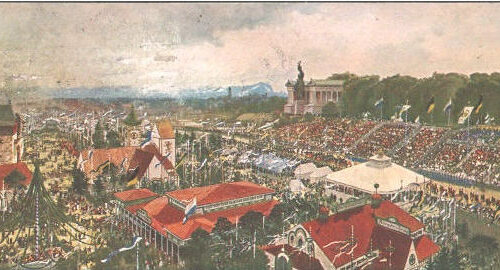
How A Royal Wedding Turned Into The Biggest And Best Beer Festival On The Planet
The steins of beer. The plates of roast pork and chicken, sausages and dumplings. The brass bands. The throngs of people, many of them in traditional Bavarian dress. Dirndls or lederhosen, anyone? That’s how you probably identify Oktoberfest today. However, in the beginning, it had a very different feel. Continue Reading How A Royal Wedding Turned Into The Biggest And Best Beer Festival On The Planet
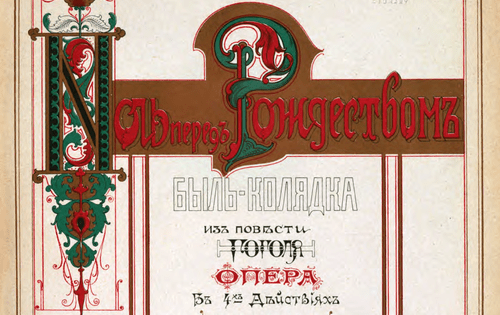
‘Tis The Season Of Firsts: Holiday Opera Premieres Through The Centuries
The holiday season has always been popular for introducing new works, including many perennial favorites. In Italy, the day after Christmas became especially meaningful to composers and impresarios. Continue Reading ‘Tis The Season Of Firsts: Holiday Opera Premieres Through The Centuries
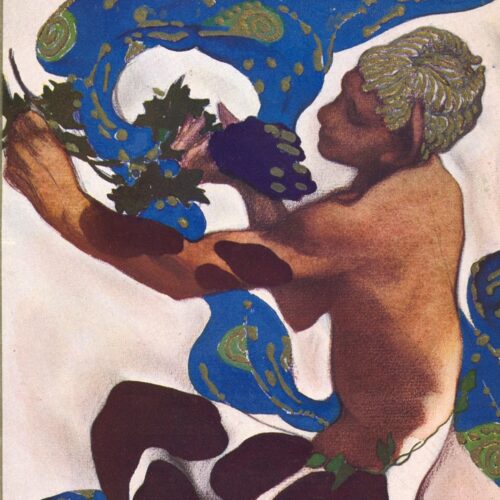
‘Tis The Season Of Firsts: Concert Premieres Over The Holiday Season
The holiday season inspires all kinds of thoughts, often having to do with reflection, celebration and renewal. For musicians and concert presenters, this time of year has long served as a period for introducing new works, whether specifically related to the season or not. Classical music offers a wealth of examples. Continue Reading ‘Tis The Season Of Firsts: Concert Premieres Over The Holiday Season

